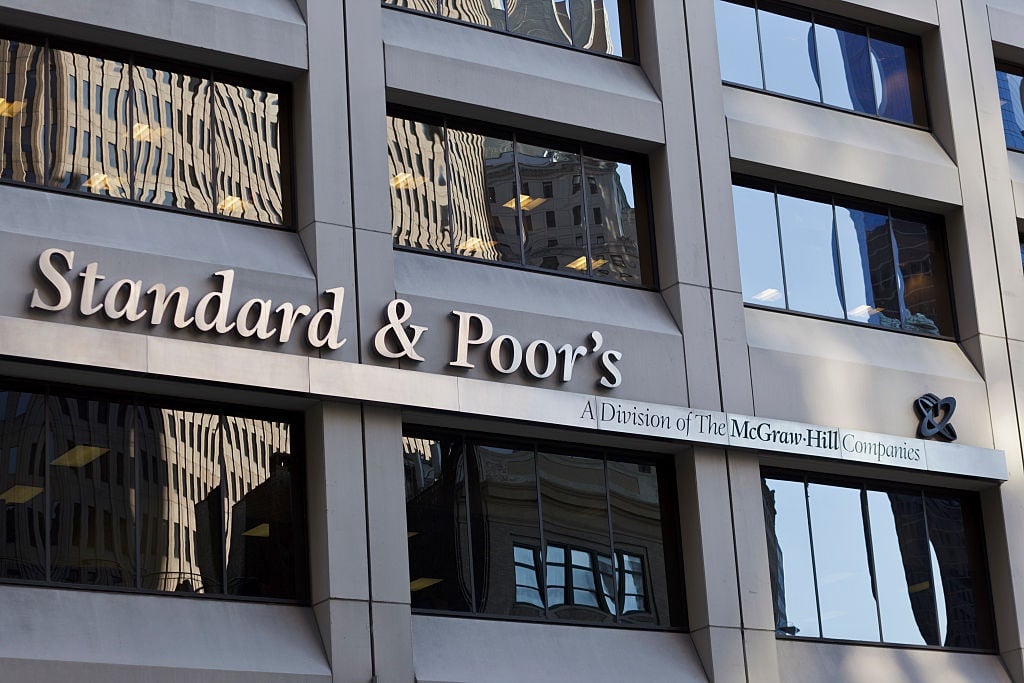
Unveiling the Truth: How China’s Slowing Consumption Affects Retail Sales and Investment Data
Key Takeaways:
China’s economy has been experiencing a gradual slowdown in consumption, and its effect on retail sales and investment data cannot be ignored. This article aims to uncover the truth behind China’s slowing consumption and delve into its consequences for industries reliant on consumer spending. With a closer look at the causes and implications of this trend, businesses can better navigate these challenging times.
The Impact on Retail Sales
One of the most significant consequences of China’s slowing consumption is seen in the declining retail sales figures. Historically, China has been known as a booming consumer market, with its rising middle class and increased disposable income. However, in recent years, the growth in retail sales has started to taper off.
There are several reasons fueling this slowdown in consumption. The first factor is economic uncertainty, both domestically and globally. Geopolitical tensions, trade wars, and the effects of the COVID-19 pandemic have affected consumer confidence and spending habits. When people are uncertain about the future, they tend to reduce their discretionary spending, focusing on essential goods and services.
Additionally, China’s shift towards a more service-oriented economy has led to changes in consumer behavior. The younger generation, in particular, is more focused on experiences and digital consumption rather than traditional retail purchases. They are more likely to spend their money on travel, entertainment, and online services rather than physical products.
Furthermore, the oversaturation of the retail market has intensified competition among businesses. With countless options available both online and offline, consumers have become more discerning and demanding. They expect higher quality products, personalized experiences, and better value for their money. As a result, retailers must adapt and offer unique value propositions to attract and retain customers.
The Ripple Effects on Investments
The decreasing retail sales in China have also sent shockwaves through the investment landscape. Investors, both domestic and international, have become cautious about pouring money into industries highly reliant on consumer spending.
Real estate, for example, has been significantly impacted. The decline in retail sales has often resulted in lower occupancy rates for commercial properties. Shopping malls, storefronts, and office spaces have seen reduced foot traffic, leading to challenges for landlords and property investors. In response, the real estate market has shifted its focus towards residential properties and mixed-use developments to mitigate the risks associated with retail spaces.
The manufacturing sector has also felt the consequences of China’s slowing consumption. As consumer demand wanes, factories and supply chains experience a decrease in orders and production. This not only affects manufacturing companies but also has a ripple effect on upstream suppliers and downstream distributors.
Ultimately, the slowdown in China’s consumption poses challenges for businesses looking to invest or expand domestically. The traditional models that thrived during periods of high consumer spending may require adjustments to cater to changing demands and preferences.
The Road Ahead: Navigating China’s Changing Consumer Landscape
While the challenges presented by China’s slowing consumption may seem daunting, they also offer opportunities for businesses willing to adapt and innovate. To succeed in the changing consumer landscape, companies need to adopt the following strategies:
1. Embrace eCommerce and Digital Channels
The rise of eCommerce and digital consumption presents a significant avenue for growth. Companies should invest in building robust online platforms, enhancing customer experiences, and leveraging data analytics to better understand consumer preferences. By tapping into the vast digital market in China, businesses can reach a broader audience and overcome challenges posed by physical retail spaces.
2. Focus on Differentiation and Value-added Services
To stand out in the competitive retail market, businesses must differentiate themselves through unique value propositions. This can be achieved by offering superior customer service, product customization, and tailored experiences. By going the extra mile to meet the evolving needs and expectations of consumers, companies can thrive amidst China’s changing consumption patterns.
3. Build Partnerships and Collaborations
Navigating China’s consumer landscape requires businesses to build strategic partnerships and collaborations. Teaming up with local companies, influencers, or industry experts can provide insights into the market, establish credibility, and increase brand visibility. Joint ventures or partnerships also enable companies to tap into the local knowledge and networks necessary for success in this complex market.
Frequently Asked Questions
Conclusion
China’s slowing consumption has shaken the retail sales and investment data, leading to challenges for businesses operating in the country. Decreasing consumer spending, driven by economic uncertainty, shifting consumer behaviors, and intense market competition, has caused a decline in retail sales figures. These trends have also affected investments, particularly in real estate and manufacturing.
However, amidst these challenges, there are opportunities for businesses willing to adapt and innovate. By embracing eCommerce and digital channels, focusing on differentiation and value-added services, and building partnerships within the local market, companies can navigate China’s changing consumer landscape effectively.
Understanding the causes and implications of China’s slowing consumption is essential in developing strategies that enable businesses to thrive. By staying agile and proactive in meeting evolving consumer needs, companies can position themselves for success in this complex market.
Source: insightfullgo.com

